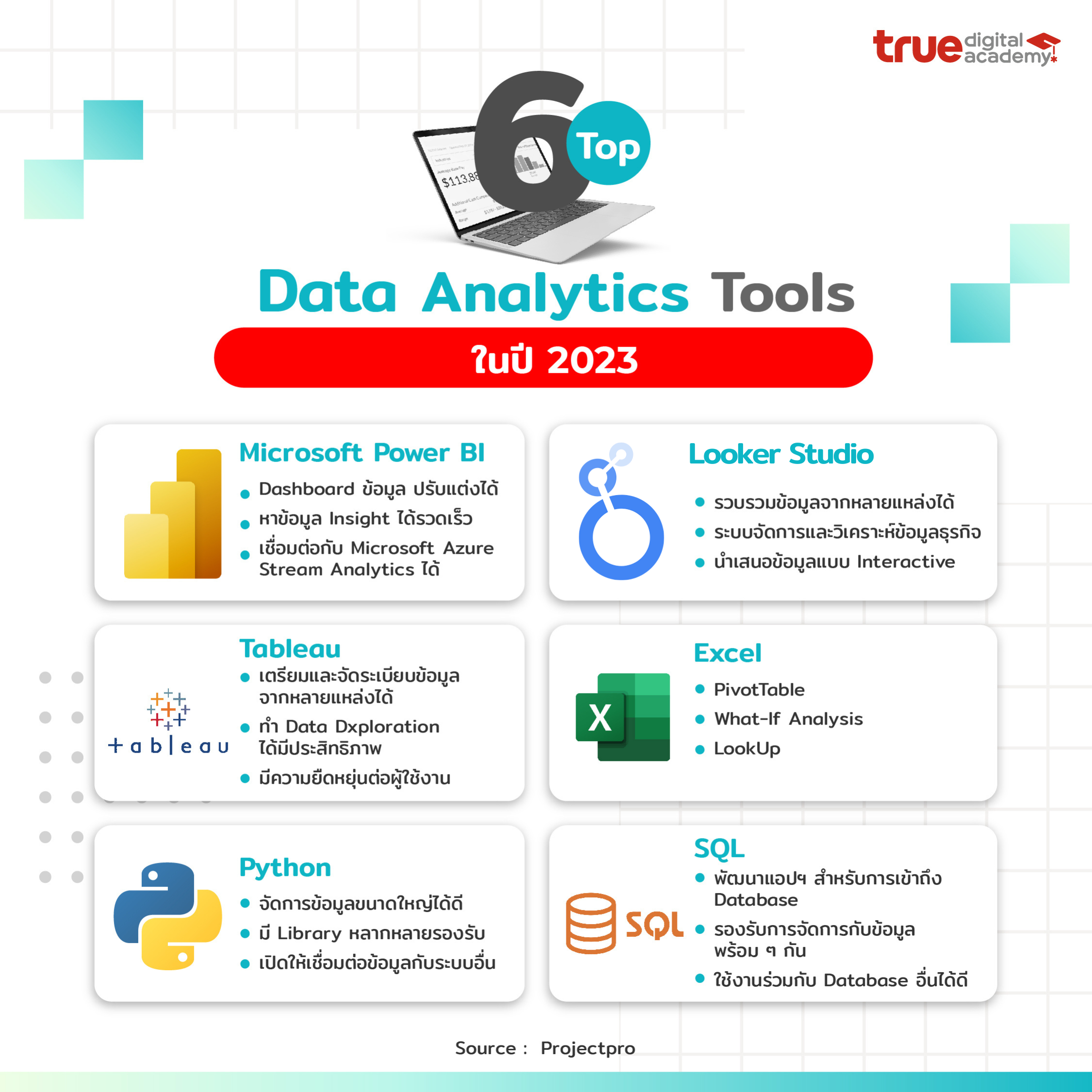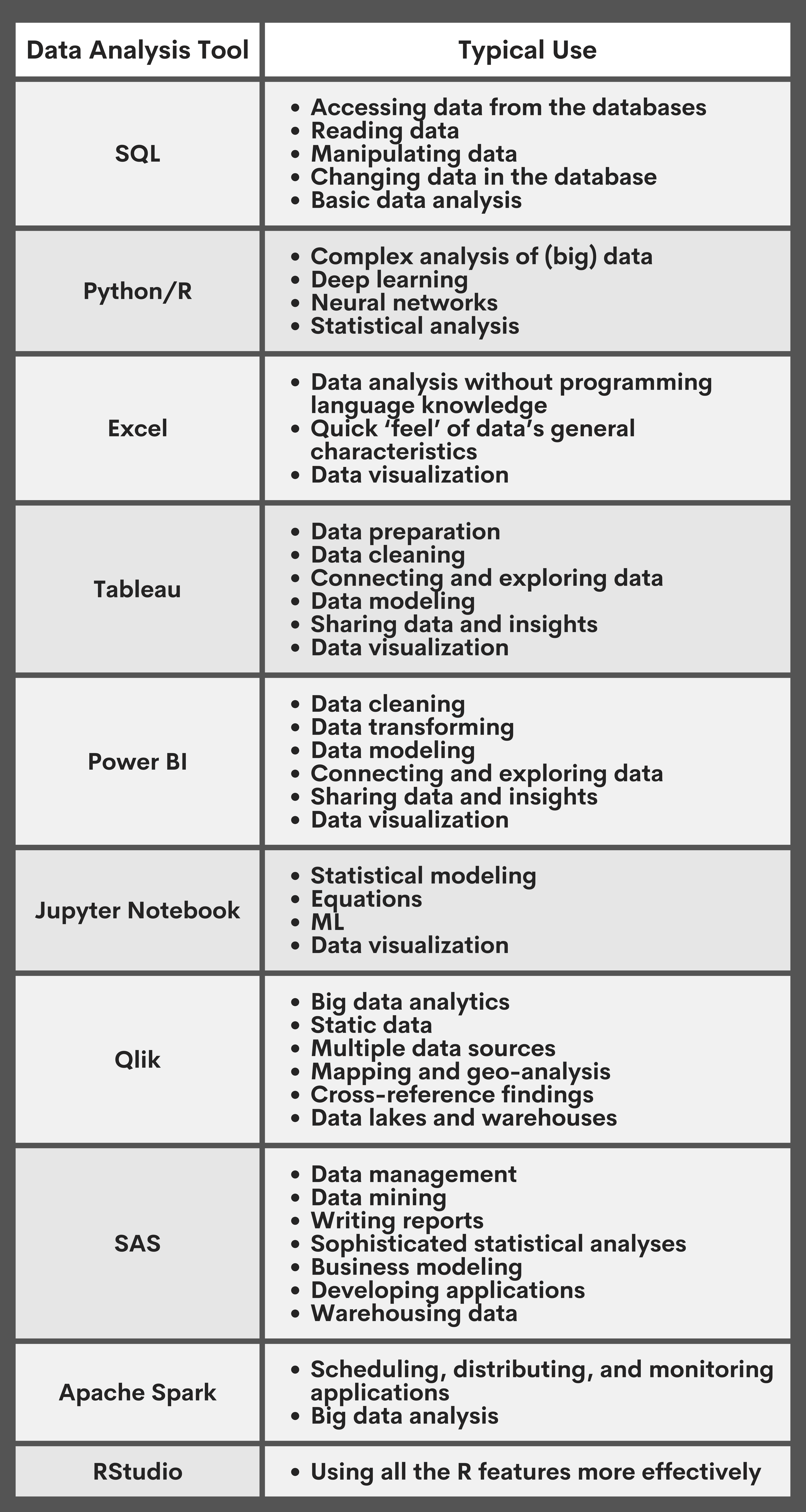Make The Most Of Growth: How Analytics Drive Better Approaches
In today's data-driven landscape, organizations significantly acknowledge the crucial role of analytics in forming efficient growth approaches. By using information insights, companies can fine-tune their functional methods, anticipate market changes, and improve consumer engagement. The challenge lies not just in accumulating information yet in effectively analyzing it to drive substantial end results. As we explore the essential benefits and approaches related to analytics, a vital inquiry arises: just how can companies ensure they are leveraging these understandings to unlock their full possibility? The solution might redefine the future of critical planning.
Recognizing Data Analytics
Data analytics is an organized computational evaluation of information that makes it possible for companies to discover meaningful patterns and understandings. This process incorporates a selection of methods, including statistical analysis, predictive modeling, and data mining, which jointly aim to transform raw data into workable info - Analytics. By utilizing these methods, organizations can make enlightened decisions that are rooted in empirical evidence instead of instinct alone
The structure of information analytics exists in its capacity to manage large quantities of details from diverse resources. This includes organized data, such as data sources, and disorganized information, including social media communications and consumer feedback. With the use of specialized software and tools, analysts can extract and refine this data successfully, recognizing trends and correlations that might not be quickly obvious.
Recognizing data analytics additionally entails recognizing the significance of information top quality and integrity. Accurate and trustworthy information is essential for significant analysis; thus, organizations have to carry out robust data administration techniques. The repetitive nature of analytics permits for continuous improvement and renovation of approaches, making certain that companies continue to be active in the face of transforming market characteristics and customer actions.
Trick Benefits of Analytics

Among the essential benefits of analytics is its capacity to offer actionable understandings. Organizations can swiftly assess large amounts of data, uncovering patterns that may not be immediately noticeable. This assists in preparing for market shifts and adjusting strategies as necessary. Additionally, analytics promotes a society of evidence-based decision-making, reducing reliance on intuition and guesswork.
An additional considerable advantage is improved client understanding. Analytics tools enable organizations to section their audience, track customer actions, and individualize advertising efforts. This targeted approach not just improves customer engagement however likewise drives higher conversion prices.

Implementing Analytics Methods
To fully recognize the benefits of analytics, organizations have to adopt structured techniques for execution. This begins with plainly defining goals that align with wider organization objectives. By establishing details, quantifiable outcomes, organizations can concentrate their analytics efforts on locations that yield the greatest return on financial investment.
Following, organizations should prioritize data governance to make sure the honesty and protection of the information being examined. This includes establishing up methods for information collection, storage, and gain access to while adhering to relevant laws. Making certain top quality information is crucial for generating purposeful insights.
Furthermore, cultivating a culture of data-driven decision-making is crucial. This calls for training workers to analyze analytics findings and motivating cooperation throughout departments. They are a lot more likely to integrate insights right into their daily operations. when groups comprehend the worth of analytics.
Lastly, organizations need to frequently assess and fine-tune their analytics methods. The landscape of data and technology is constantly advancing, and remaining adaptable will certainly enable companies to utilize new tools and methods successfully. By implementing these structured techniques, companies can optimize the effect of their analytics efforts and drive sustainable growth.
Tools for Effective Analysis
Effective analysis relies upon a range of tools that help with the extraction of insights from information - Analytics. These devices can range from straightforward spreadsheet applications to sophisticated equipment discovering platforms, each offering an one-of-a-kind objective in the logical process
Data visualization software, such as Tableau and Power BI, plays a critical duty in transforming intricate datasets into reasonable visual representations. These devices enable analysts to identify patterns and fads rapidly, enabling more like it enlightened decision-making.
Analytical analysis software, like R and SAS, provides innovative capacities for carrying out in-depth analyses, consisting of regression, theory testing, and anticipating modeling - Analytics. These attributes encourage companies to draw meaningful final thoughts from their data, determining prospective opportunities and risks
Moreover, database management systems such as SQL and NoSQL data sources offer the necessary infrastructure for storing and quizing big quantities of data efficiently. They guarantee that information is organized and accessible for evaluation.
Last but not least, business knowledge systems integrate numerous information resources, offering a comprehensive sight of organizational efficiency. By using these tools effectively, services can improve their analytical abilities, allowing them to develop methods that maximize development and enhance total performance.
Case Researches of Success
Successful companies commonly utilize data analytics to drive impactful techniques, as shown by numerous noteworthy case researches. By utilizing these understandings, Netflix has successfully customized its content suggestions, resulting in raised individual involvement and client retention.

In addition, Starbucks employs information analytics to identify optimum shop places and refine its product offerings. By analyzing client demographics and buying patterns, Starbucks effectively identifies high-potential markets and customizes its food selection to regional preferences, driving sales and client loyalty.
These situation researches highlight that efficient use of information analytics can cause calculated advantages, cultivating technology and Click This Link growth within organizations across various industries.
Final Thought
Finally, the integration of analytics into business techniques considerably enhances decision-making processes and fosters sustainable growth. By leveraging data-driven insights, organizations can determine trends, expect market shifts, and optimize operations. The effective application of analytics devices further supports agility and development, enabling organizations to navigate competitive landscapes with higher accuracy. Inevitably, a dedication to analytics not just drives instant efficiency improvements however likewise secures lasting success in an ever-evolving marketplace.
Data analytics is a systematic computational analysis of like this data that enables organizations to reveal purposeful patterns and insights.Understanding data analytics also includes recognizing the significance of data top quality and integrity. Dependable and precise data is important for significant evaluation; thus, companies should apply robust data governance techniques.Next, companies ought to prioritize data administration to ensure the honesty and protection of the data being evaluated.Successful companies usually utilize information analytics to drive impactful strategies, as shown by several notable case studies.